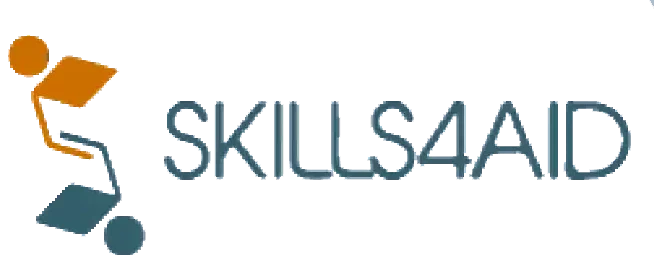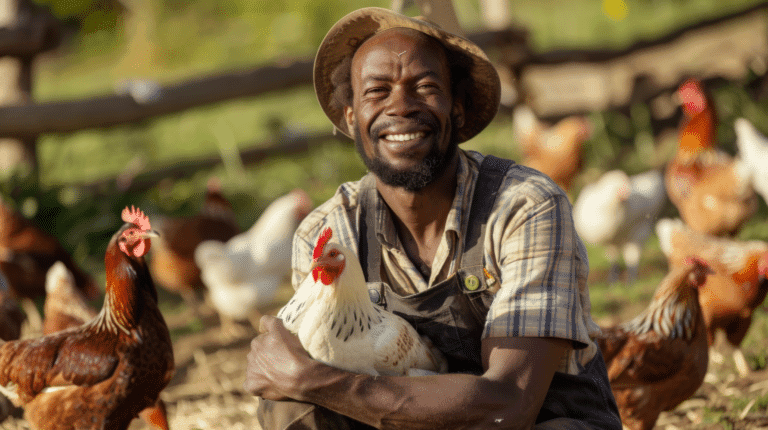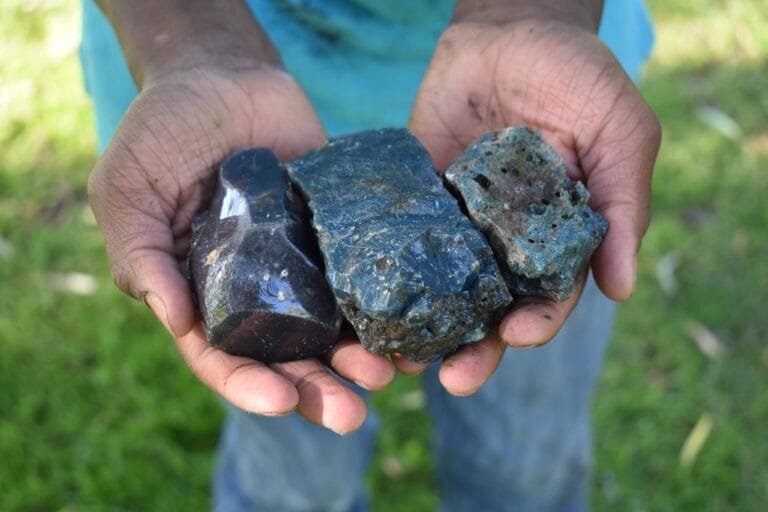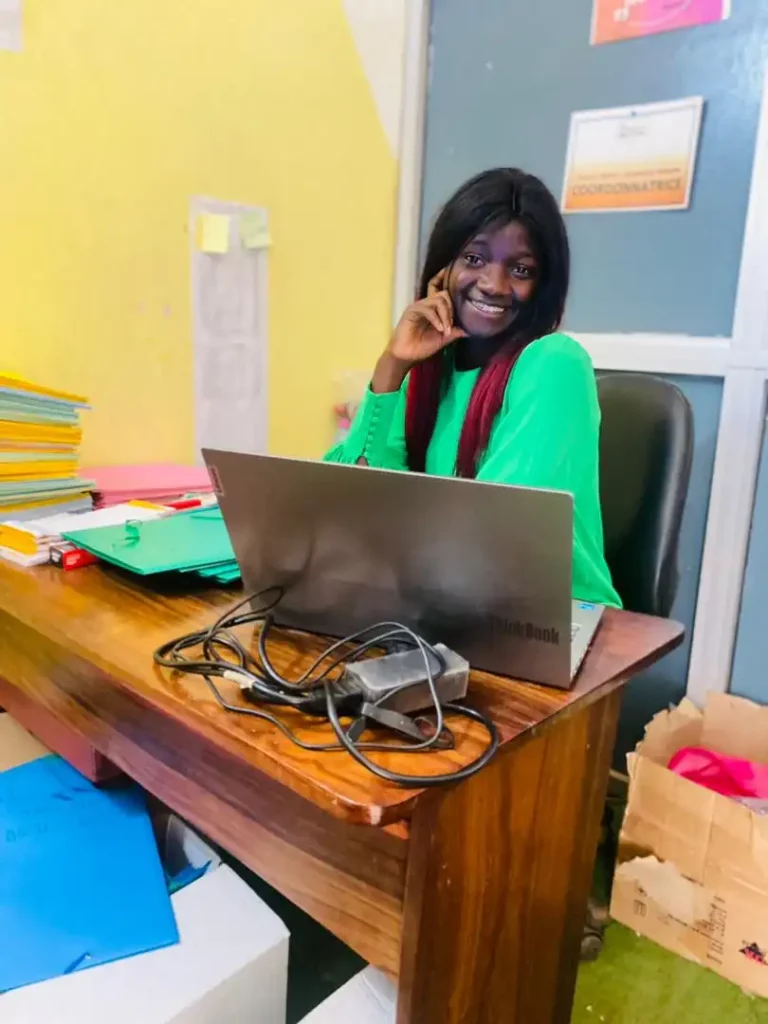- Our values
Skills4Aid in 4 points
Integrity
Act honestly, transparently and ethically in all activities and relationships.
Commitment
Working to promote equal opportunities, human rights and social equity.
Responsibility
Taking responsibility for our actions and their impact
Innovation
Adopt new and creative techniques to solve problems.
- Initiatives de renforcement de compétences
Les secteurs de compétences
Skills4Aid accompagne ses membres pour des initiatives de renforcement de compétences locales dans 4 secteurs.
Industrie des ressources naturelles
Le renforcement des communautés locales dans le secteur des industries des ressources naturelles consiste à leur donner les outils, les connaissances et les moyens nécessaires pour gérer, exploiter et bénéficier équitablement des ressources naturelles, tout en préservant l'environnement.
- Local organizations
Our partners
Including women, youth and people with disabilities in Associations/NGOs and Cooperatives ensures the inclusive development of a resilient economy.
- Local associations/NGOs
- Cooperatives
Local associations and NGOs
Local associations and NGOs are present as close as possible to the populations, before, during and after the crisis. Having linguistic and socio-cultural proximity and a better understanding of the needs of the populations, local associations and NGOs play a crucial role in the effectiveness of aid and the search for sustainable solutions. Once their skills are strengthened, they can prevent or respond effectively to crises.
They can act locally, in areas inaccessible to internationals, for peace and sustainable development..

Cooperatives
It is widely accepted that cooperatives are an essential means of combating poverty and, as such, contribute to development in Africa. They represent a significant share of the private sector in most countries, particularly in agriculture, a key sector and the leading creator of jobs on the continent. Cooperatives, based on the values of democracy, fair distribution of wealth created, both private and collective ownership, and solidarity, enable a just and sustainable transition in Africa.
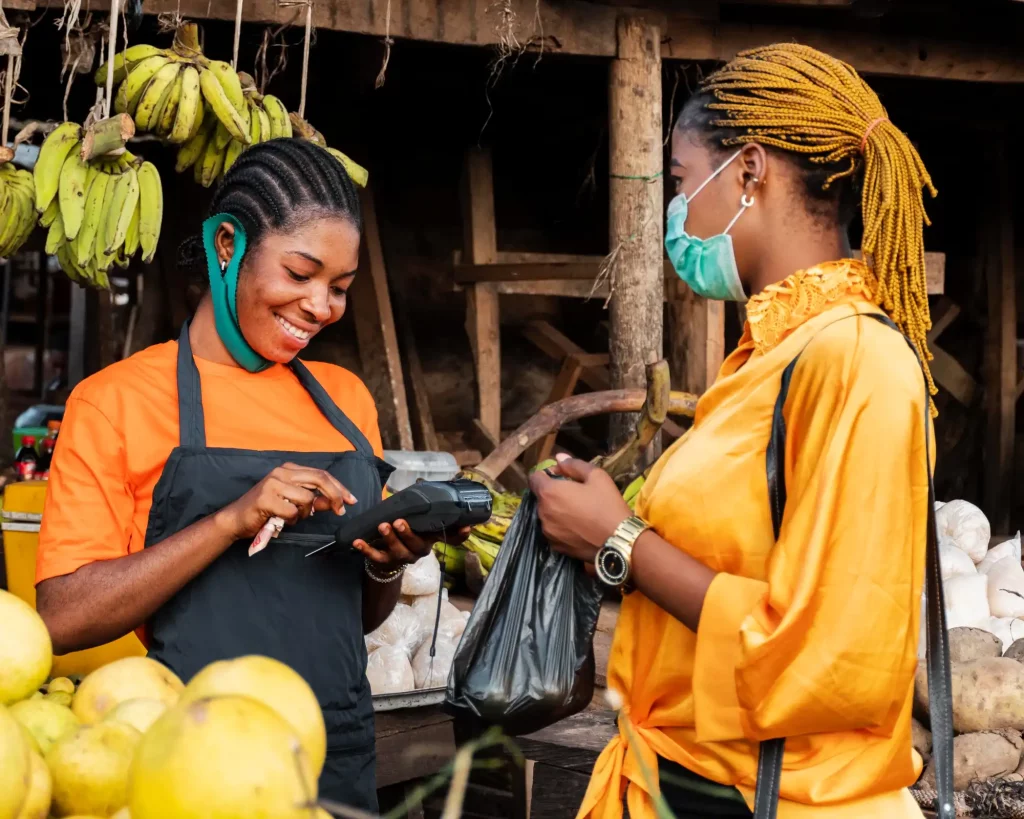
- Our team
Introducing the Skills4aid Team
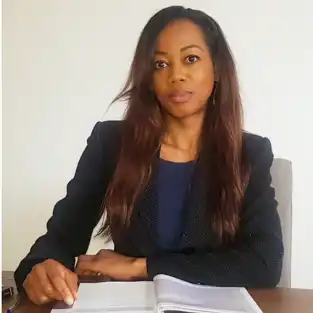
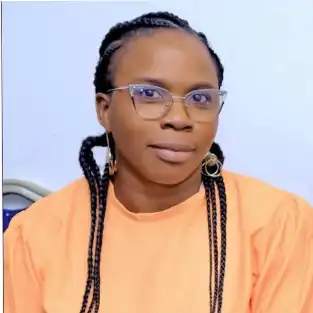
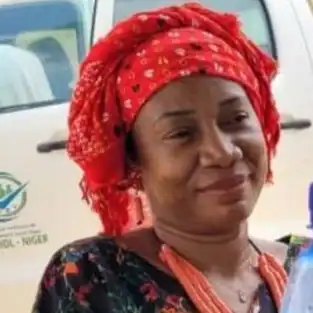
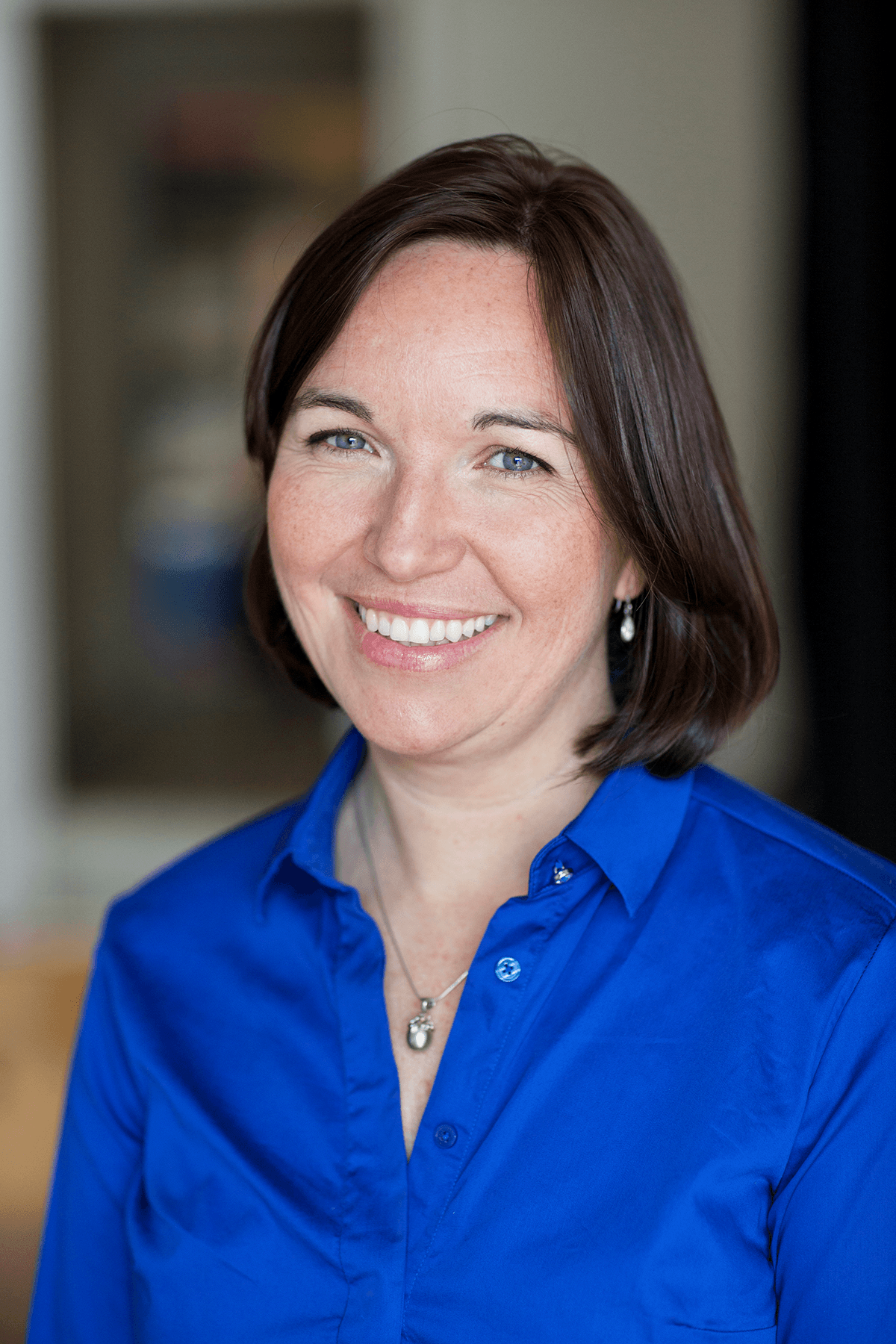
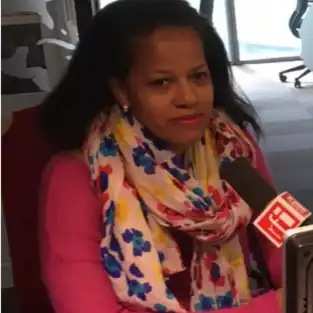
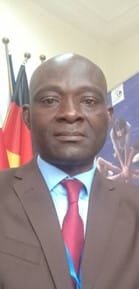
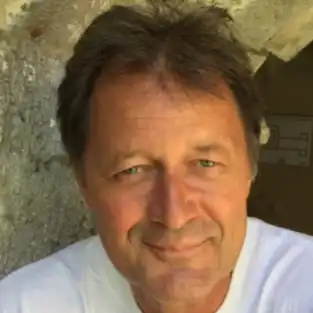
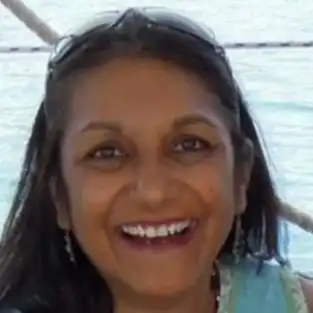
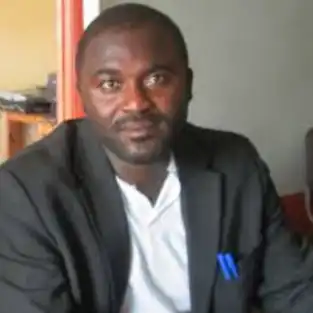
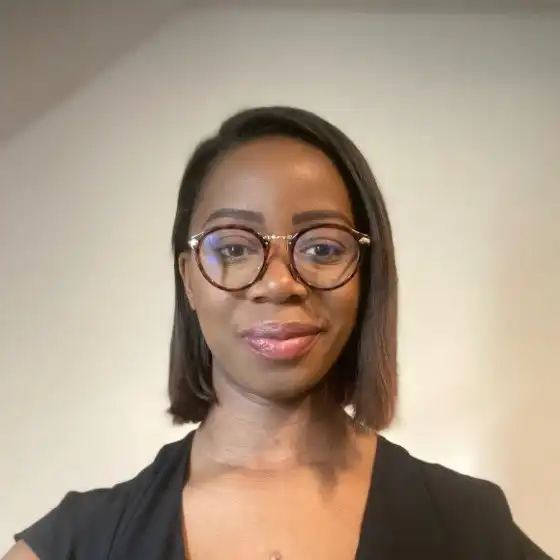
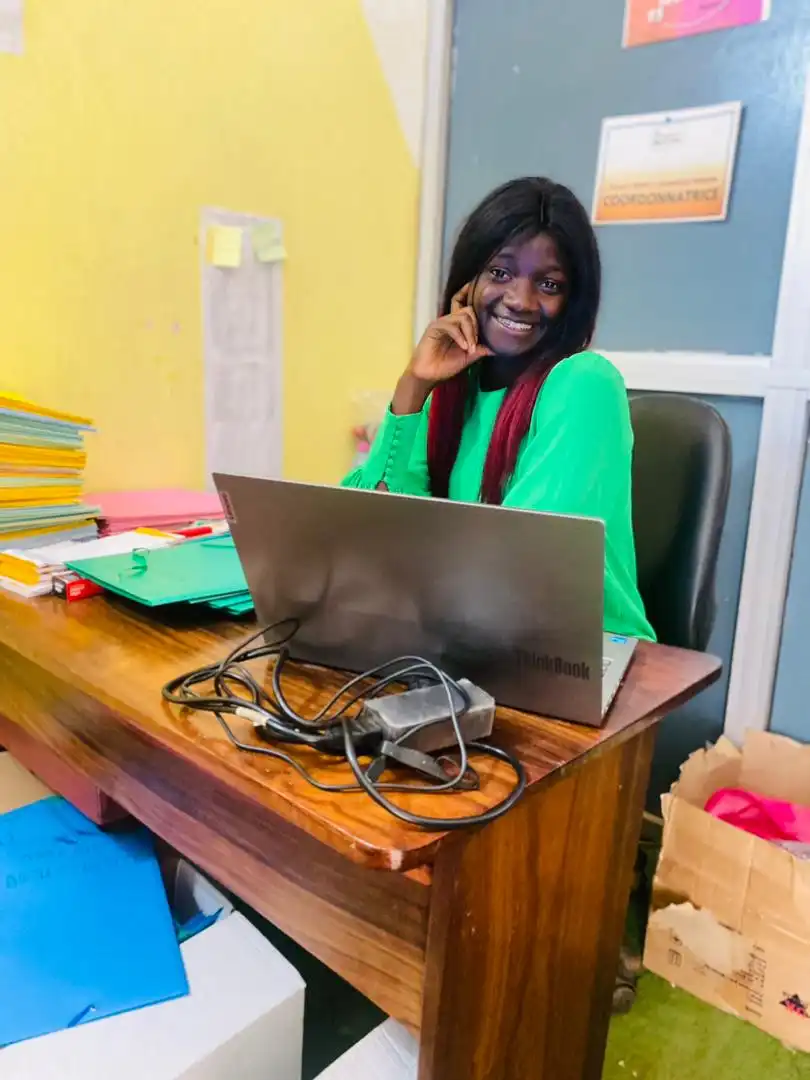
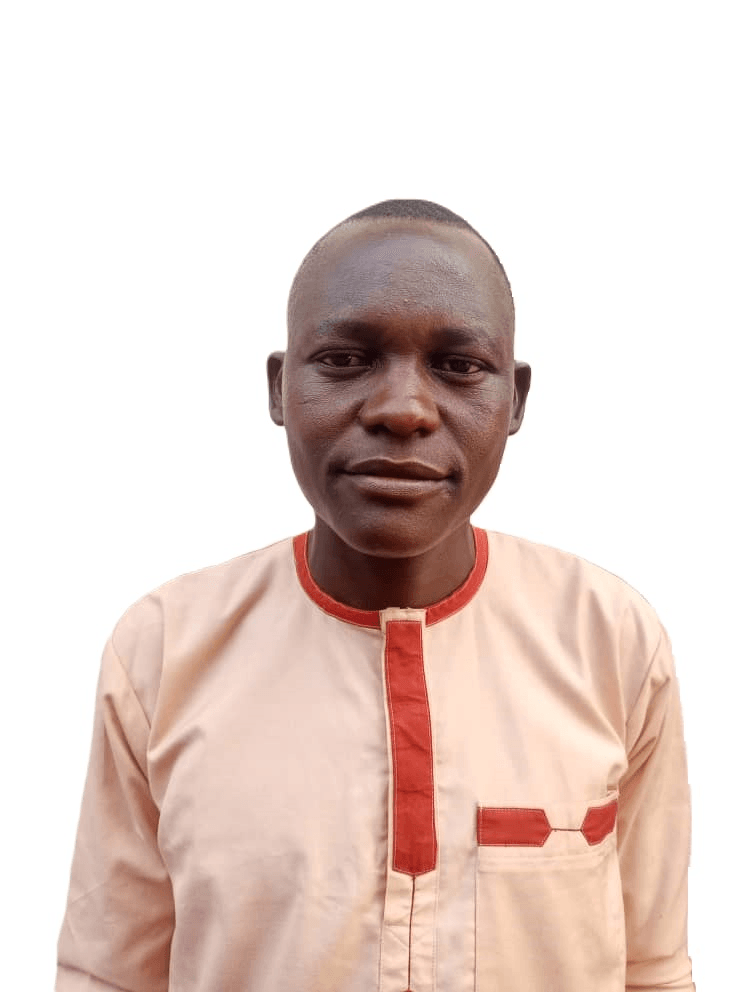

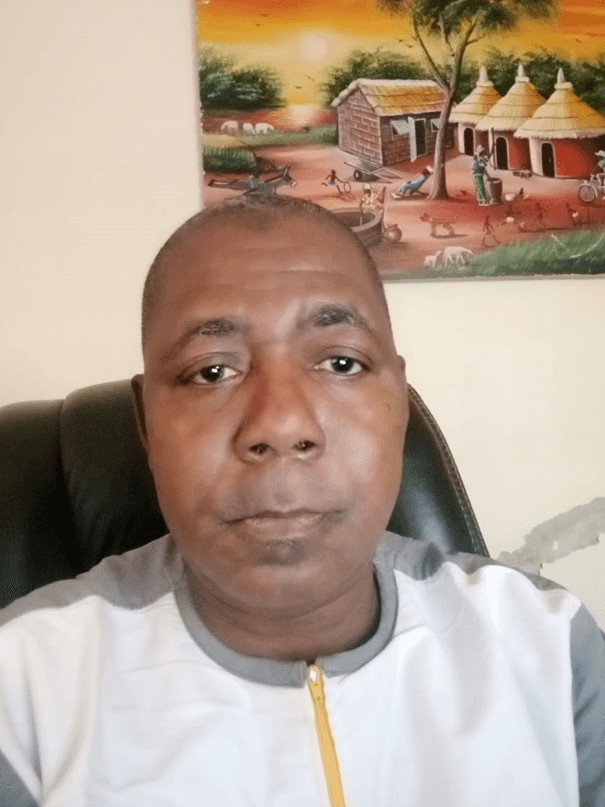
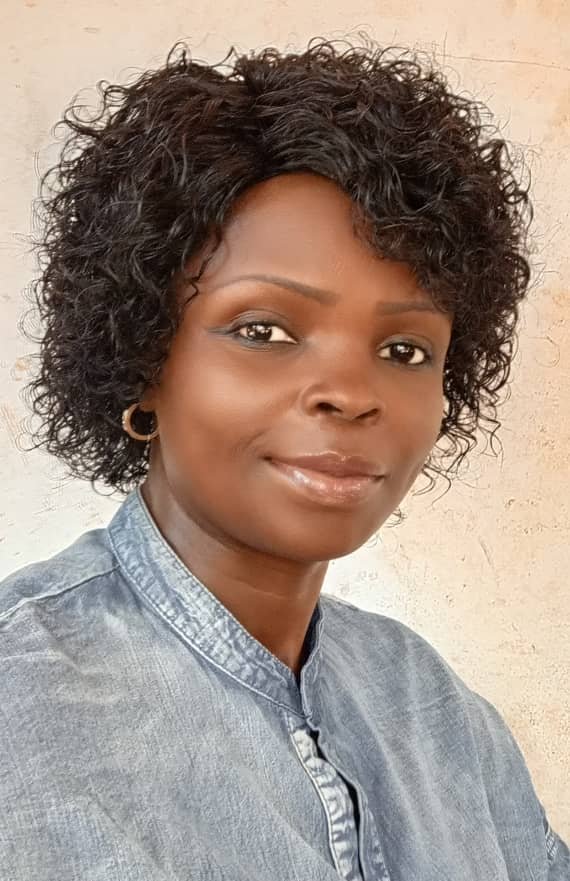
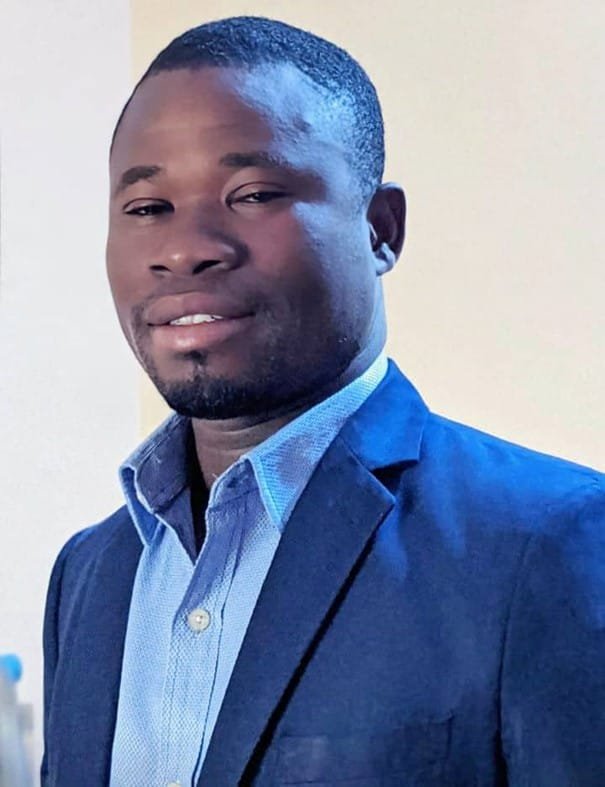
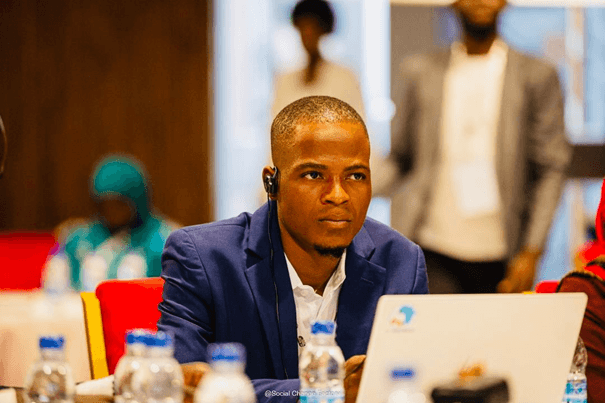
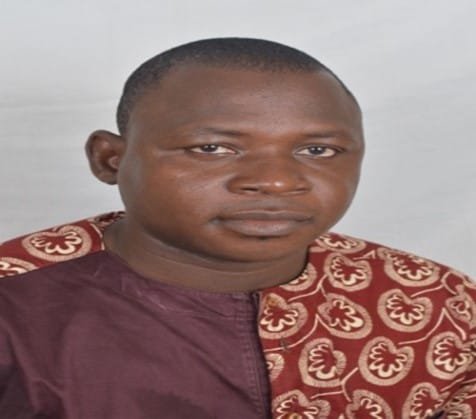
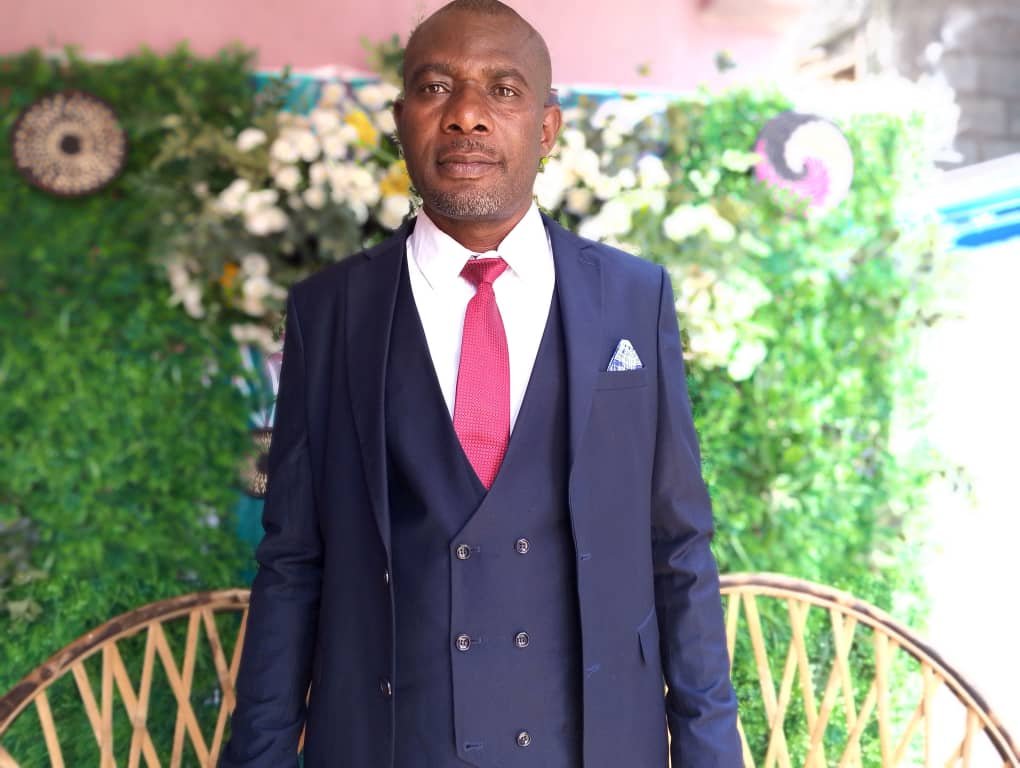
- Nos bureaux et Représentations locales
